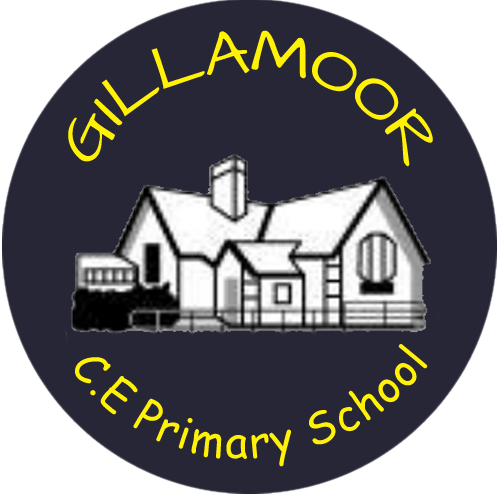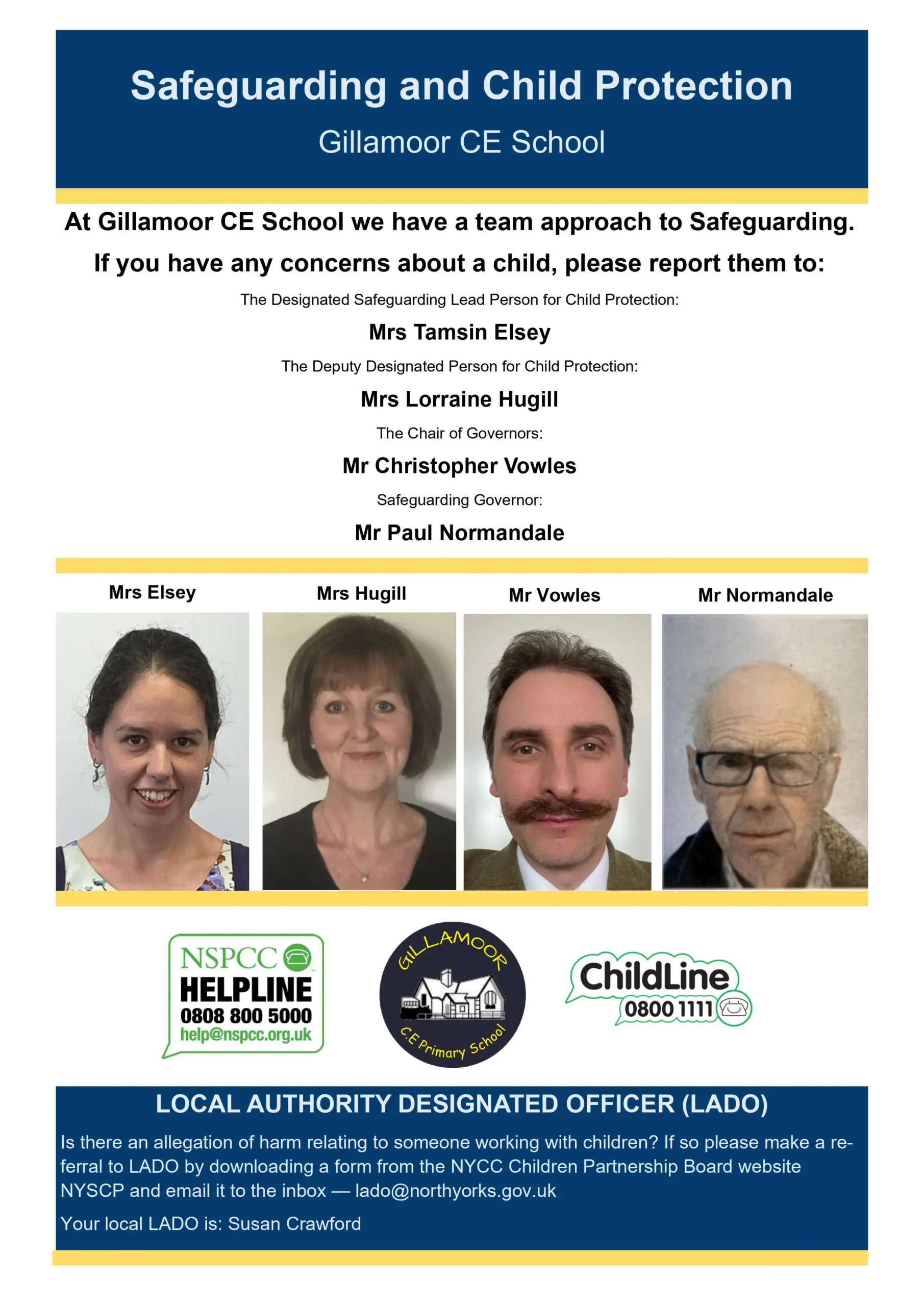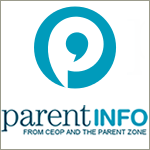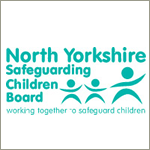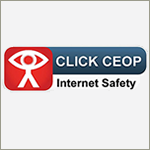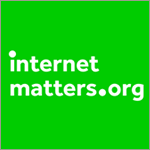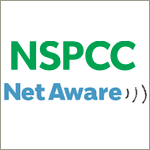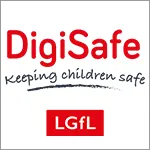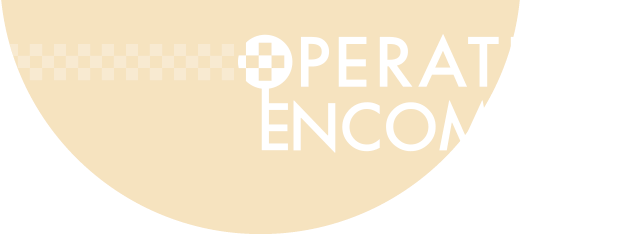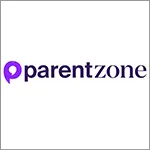Every person who works with our children understand their responsibility in keeping children safe and should be confident in how they will do that.
Our school community has a duty to safeguard and promote the welfare of children who are our pupils. This means that we have Safeguarding and Child Protection policies and procedures in place, which we refer to in our prospectus. All staff, including our volunteers and supply staff, must ensure that they are aware of our procedures.
Sometimes we may need to share information and work in partnership with other agencies when there are concerns about a child’s welfare. We will always ensure that our concerns about our pupils are discussed with their parents/carers first unless we have reason to believe that this is not in the child’s best interests or a child is at significant risk or in immediate danger.
What is safeguarding?
Safeguarding means:
- protecting children from abuse and maltreatment
- preventing harm to children’s health or development
- ensuring children grow up with the provision of safe and effective care
- taking action to enable all children and young people to have the best outcomes.
Child protection is part of the safeguarding process. It focuses on protecting individual children identified as suffering or likely to suffer significant harm. This includes child protection procedures which detail how to respond to concerns about a child.
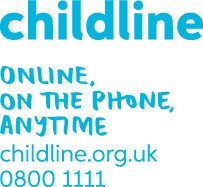
Are you being bullied?
If you are being bullied, or you are not ready to make a report to CEOP, you can talk to Childline anonymously online or on the phone – No worry is too big or too small.
Who to speak too?
If you have any concerns regarding the welfare of a pupil, please report it to a Designated Safeguarding Leader (DSL) or Deputy Designated Safeguarding Leaders (DDSL)
Nominated child protection lead
In England this role is known as the designated safeguarding lead (DSL), also a Deputy Designated Safeguarding Lead (DDSL). At Gillamoor CE Primary School our nominated persons are;
DSL – Tamsin Elsey, Headteacher and SENCo
DDSL – Lorraine Hugill, School Business Manager
Safeguarding Governor – Paul Normandale
The nominated safeguarding lead should take lead responsibility for child protection in the school, in liaison with the governors.
They should meet regularly with the governors, working together to ensure child protection is being managed appropriately across the school.
The nominated child protection lead should also:
- attend advanced training to enable them to respond effectively to safeguarding and child protection concerns
- attend any inter-agency training on contextual safeguarding and child protection topics
- read and understand the local and national guidance about abuse
- raise awareness of all forms of abuse with staff and volunteers
- support staff and volunteers who raise safeguarding and child protection concerns about abuse
- provide the head and governors with an annual report on child protection
- regularly review and update all safeguarding and child protection policies and procedures.
Responding to concerns about abuse
All children in school know who they can talk to if they have a problem.
The nominated DSL should receive child protection concerns from other adults in the school. They should gather as much information as possible and decide what action to take in line with the school’s child protection policy and national guidance. This includes sharing information with agencies such as the police or children’s services as appropriate.
The nominated DSL should also:
- keep clear and robust records about all reported child protection concerns and their impact on the child
- attend any relevant inter-agency child protection meetings
- involve parents and keep them informed throughout the process (unless doing so would put a child at further risk of harm)
- make sure the child understands what action is being taking and why.
|
Online Safety (esafety)
Bikeability
Food Safety
Water Safety
Road Safety
Fire Safety
Sex and relationships education
Stranger danger
Crucial Crew (a training day for Y6 pupils run by emergency services) etc
|
Parent Info
Expert information to help children and young people stay safe online
Think You Know
Internet Safety for Children and Adults
Childnet International
A resource designed especially for primary school staff to help them understand important e-safety issues and how to get the most out of the internet.
CEOP
CEOP works with child protection partners across the UK and overseas to identify the main threats to children
Internet Matters
Stay up to date and keep your child safe in today’s digital world
NSPCC NetAware
E-safety Campaign campaign is a joint initiative between the Safeguarding Board and the NSPCC.
LGFL DigiSafe
It’s never easy to know how to keep our children safe when they aren’t with us, and sometimes even when are, if we don’t know what’s happening in their lives or on their devices! Who are they talking to, what are they doing, are they okay?
Operation Encompass
Our aim is to ensure that schools have timely information about all police attended incidents of domestic abuse, no matter where in the world the child lives.
